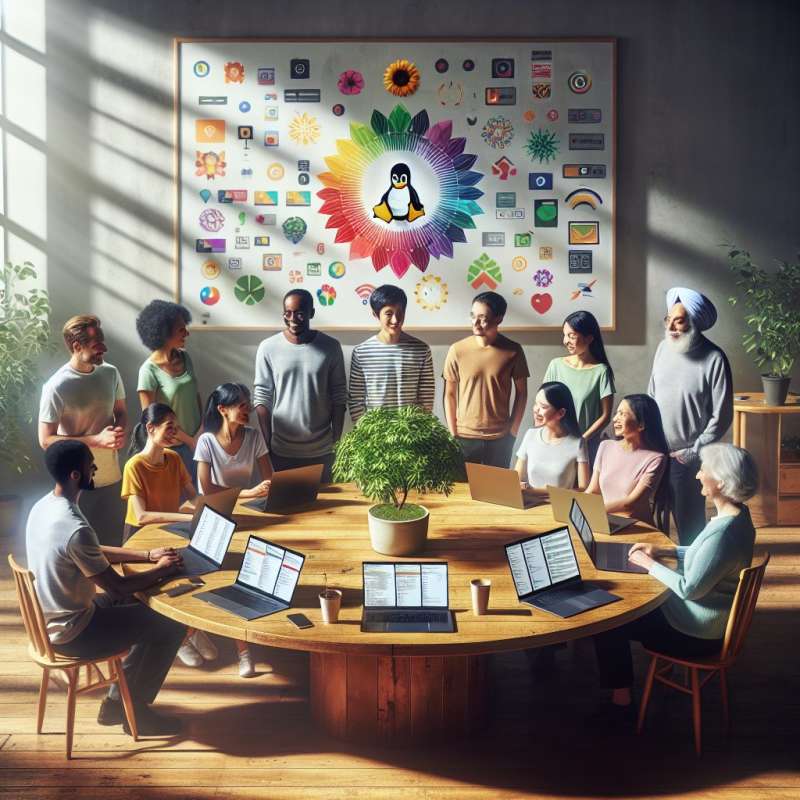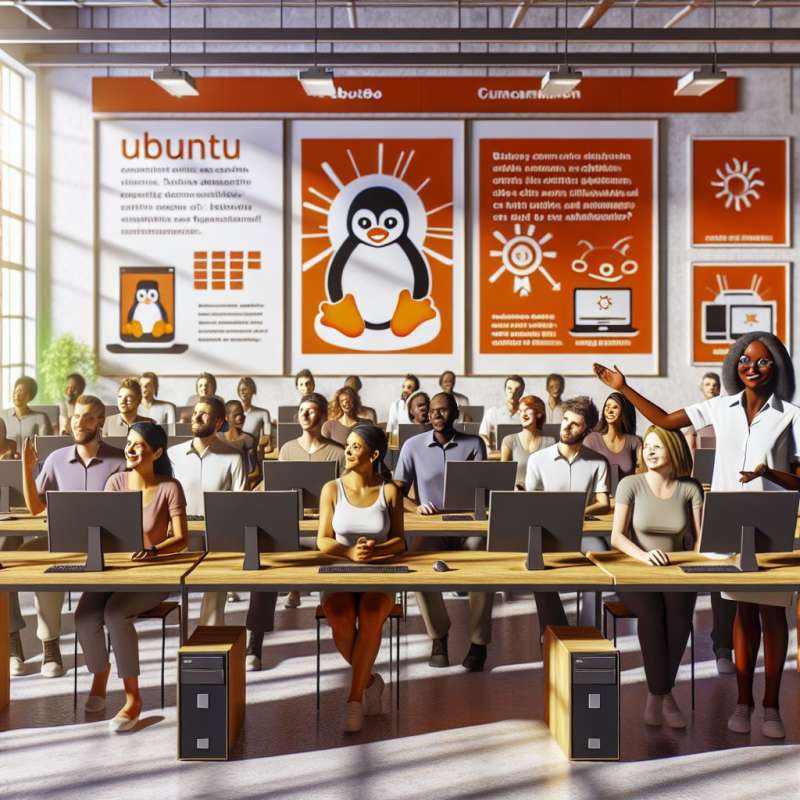
What is Linux?
Linux is not a single operating system but a collection of distributions (distros). Each distro offers a different flavor of Linux, tailoring the experience for specific needs, from servers to desktops, beginners to experts.
Debian: The Grandparent
Debian is one of the oldest distros, highly respected for its stability and reliability. It's a foundation for many other distros, including Ubuntu and Mint, known for its extensive software repositories and strong community support.
Ubuntu: The Popular Choice
Ubuntu is renowned for its user-friendliness and support, making it a top choice for beginners. It's backed by Canonical Ltd., offering regular releases and enterprise services, and has a vast ecosystem of derivatives.
Fedora: Cutting Edge
Fedora is a community-driven project sponsored by Red Hat, focusing on innovation and close work with upstream Linux communities. It serves as a testing ground for features that may appear in Red Hat Enterprise Linux.
Arch Linux: DIY Fans
Arch Linux appeals to experienced users with its 'Keep It Simple, Stupid' (KISS) philosophy and rolling release model. It encourages users to build their system from scratch for a fully customized experience.
openSUSE: Stability & Choice
openSUSE offers two main branches: Leap for stability and Tumbleweed for rolling releases. It's known for the YaST configuration tool and strong community governance, appealing to both new and experienced users.
Linux Mint: For Everyday Use
Linux Mint is famed for its ease of use and elegant interface, which makes for a comfortable transition for users from other operating systems. Its unique tools and focus on out-of-the-box multimedia support set it apart.
What is Linux primarily?
Single operating system
Collection of distributions
Desktop environment
Company